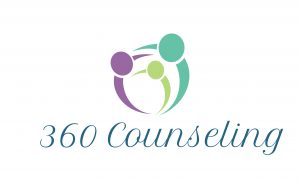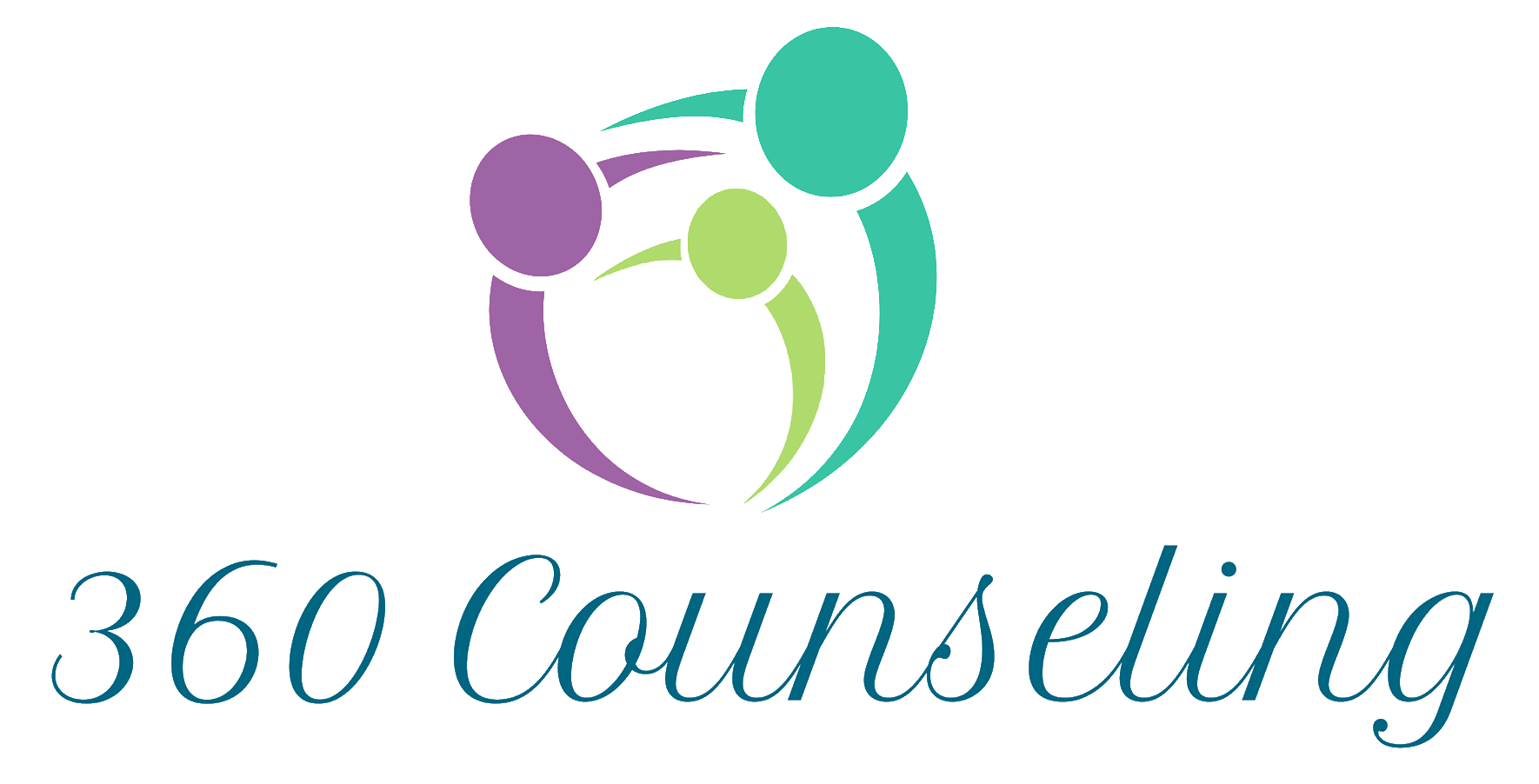Enhancing Relationships Through Effective Communication
In the intricate dance of human relationships, communication serves as the cornerstone. Whether in romantic partnerships, friendships, or family dynamics, the way we convey our thoughts and feelings can significantly impact the health and longevity of our connections. Understanding and improving communication styles, such as passive communication and active communication, can lead to more fulfilling and harmonious relationships.

Understanding Communication Styles
Effective communication is not just about talking; it’s about connecting. There are different styles of communication, each with its own impact on relationships.
Passive Communication
Passive communication is characterized by a reluctance to express thoughts and feelings openly. Individuals who communicate passively often avoid confrontation and may struggle to assert their needs and desires. This can lead to misunderstandings, resentment, and feelings of being undervalued or ignored.
Signs of Passive Communication:
- Avoiding eye contact
- Soft or hesitant speech
- Deferring to others’ opinions
- Suppressing personal needs and desires
While passive communication can keep the peace in the short term, it often leads to long-term dissatisfaction and conflict.
Active Communication
Active communication, on the other hand, involves openly and honestly expressing thoughts and feelings while also being receptive to others. This style fosters mutual respect and understanding, making it the cornerstone of healthy relationships.
Characteristics of Active Communication:
- Maintaining eye contact
- Speaking clearly and confidently
- Listening attentively
- Expressing needs and feelings directly
Active communication promotes clarity, reduces misunderstandings, and strengthens emotional bonds.
The Role of Therapy and Counseling
Improving communication in relationships often requires more than just good intentions. Therapy and counseling can play a crucial role in helping individuals and couples develop healthier communication patterns.
Benefits of Therapy and Counseling
- Identifying Communication Patterns: Therapists can help individuals recognize whether they are using passive communication, active communication, or other styles that may be hindering their relationships.
- Building Communication Skills: Counseling provides tools and strategies to improve active communication, such as assertiveness training and active listening techniques.
- Resolving Underlying Issues: Therapy can address underlying issues that contribute to poor communication, such as anxiety, low self-esteem, or past traumas.
- Enhancing Emotional Intelligence: Counseling helps individuals develop emotional intelligence, which is crucial for understanding and managing emotions in oneself and others.
- Strengthening Relationships: By improving communication, therapy can help rebuild trust, enhance intimacy, and foster deeper connections in relationships.
Practical Tips for Better Communication
Here are some practical tips to enhance communication in your relationships:
- Practice Active Listening: Pay full attention to the speaker, nod, and provide feedback. Show that you value their perspective.
- Use “I” Statements: Express your feelings and needs without blaming others. For example, say “I feel upset when…” instead of “You always make me…”
- Be Mindful of Body Language: Non-verbal cues such as eye contact, facial expressions, and posture play a significant role in communication.
- Stay Calm and Patient: Emotional regulation is key to productive communication. Take deep breaths and stay calm, even during disagreements.
- Seek Professional Help: If communication issues persist, consider seeking help from a therapist or counselor. Professional guidance can be invaluable.
Conclusion
Effective communication is essential for healthy and fulfilling relationships. By understanding the difference between passive communication and active communication, and by seeking the benefits of therapy and counseling, individuals can transform their interactions and build stronger, more resilient connections. Remember, it’s never too late to improve your communication skills and enhance the quality of your relationships. If you’re struggling with communication in your relationships, don’t hesitate to reach out to a professional therapist or counselor to guide you on your journey to better communication and deeper connections.


Leave a Reply